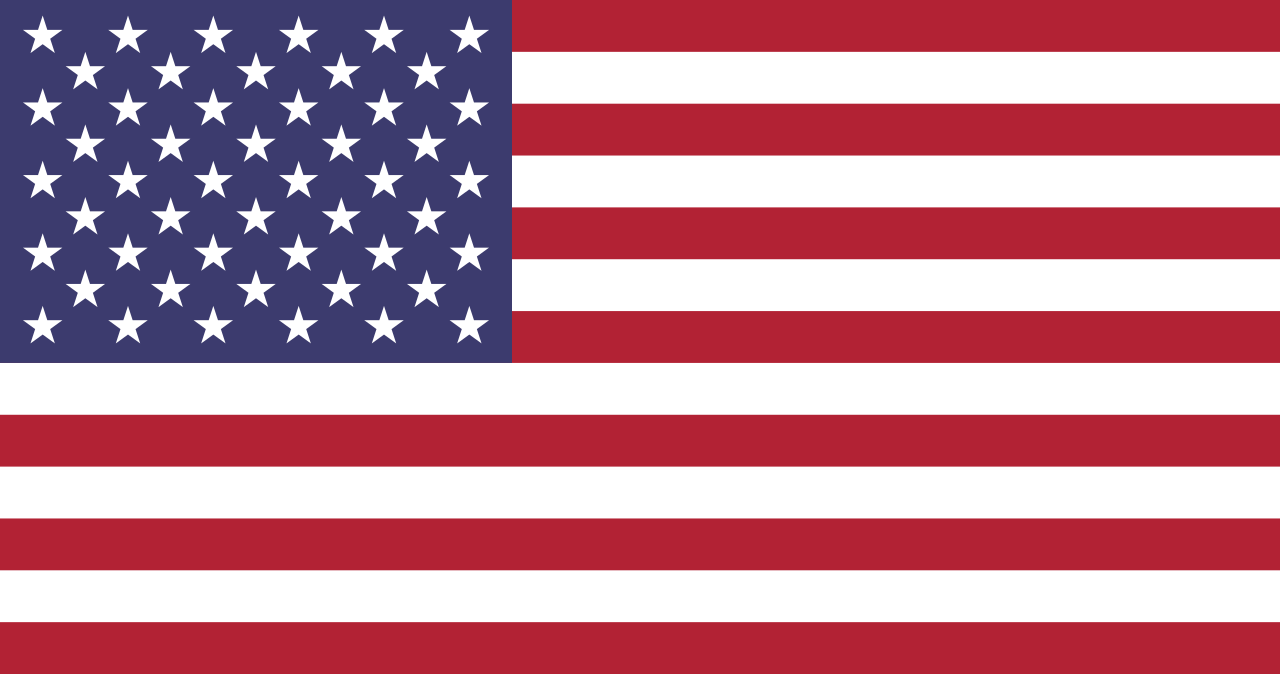William Henry Harrison by Gail Collins
I’m currently in a period of U.S. presidential history whereupon precious few biographies exist to illuminate the lives and careers of these men. In a world where some 15,000 books have been written on Abraham Lincoln, there are, how should I put this, considerably fewer written on America’s ninth chief executive, William Henry Harrison.
Of course, Harrison has the added misfortune of having the shortest career of any president to this date; a mere 32 days, which might account for the dearth of books dedicated to Ol’ Tippecanoe. And so, with precious few volumes to choose from, I turned once again to The American Presidents series.
Having very much enjoyed Ted Widmer’s contribution on Martin Van Buren, I had high hopes for Gail Collins’ little volume. Of course, I know Gail Collins from her work as an Op/Ed columnist with the New York Times and her terrific blog with fellow Times columnist, David Brooks, The Conversation. She’s also, like me, a Buckeye, hailing from Harrison’s adopted hometown of Cincinnati.
Fortunately, my optimism was rewarded. Collins not only serves the historical record with her account, but she keeps it light, with many genuinely funny moments peppered throughout the book’s 153 pages. In fact, her very first line drew a chuckle from me, “People sometimes ask me why I volunteered to write a biography of William Henry Harrison. Actually, it comes up quite a lot.” Indeed.
Though I claim Harrison as a Buckeye, he was actually born, and I know you’ll no doubt be shocked by this, on a plantation in Virginia. Imagine that. But it was in the so-called Indian Wars of the Northwest Territories (Ohio, Illinois, Indiana) where he really made a name for himself, culminating in the Battle of Fallen Timbers against a confederation of Shawnee and Miami Indians. But it was a later battle, a skirmish really, that gave Harrison his famous moniker.
In 1811, now Governor of the Northwest Territories, Harrison led American forces against Shawnee leader Tecumseh and his brother Tenskwatawa at Prophetstown on the confluence of the Tippecanoe and Wabash rivers near present-day Lafayette, Indiana. Though ultimately a decisive victory for Harrison and the U.S., the legend was grander than reality. At the time of the battle, Tecumseh was traveling, and the settlement was led by Tecumseh’s medicine-man brother, who had no real military experience. After a brief encounter, the Shawnee fled, deserting their village which was promptly burned and ransacked by the Americans.
Nevertheless, by the time Harrison was nominated by the Whigs as their 1840 candidate for the Presidency, he was promoted to a credulous polity as the “Hero of Tippecanoe.” The election of 1840 was, in many ways, the first modern presidential campaign with songs, campaign merch, rallies, and sloganeering.
“Old Tip he wore a homespun coat, he had no ruffled shirt: wirt-wirt..
But Matt he has the golden plate, and he’s a little squirt: wirt-wirt!”
As an Ohioan, I really enjoyed some of the historical trivia in the book that took place in my home state. For instance, a campaign innovation of the era involved rolling a 12-foot-wide tin ball covered in campaign slogans from city to city. In fact, one of these balls was apparently rolled from Cleveland to Columbus, leading to the enduring phrase, “Keep the ball rolling.” Tired and hungry, the partisans joined delegates in the Columbus town square to roast a 3,275 lb ox.
Even though Harrison, as previously mentioned, had grown up on a Virginia plantation amidst splendid wealth and privilege, he was promoted by the Whigs as but a humble frontiersman, warming his bones alongside the fire in his log cabin with a bottle of hard cider by his side. Van Buren, for his part, was caricatured as a pompous elitist, a dandy bedecked in French finery while eating from fine china (wirt-wirt!) Van Buren’s role in this was deeply ironic as well considering he grew up in modest circumstances among Dutch immigrants in tiny Kinderhook, NY.
All of this politicking apparently paid off, as Harrison went on to beat Van Buren in an electoral landslide, 234 to 60. At 67 he was America’s oldest president yet to take the oath of office. He was so old in fact, his opponents unkindly referred to him as “a living mass of ruined matter.”
According to Collins, Harrison promptly released a doctor’s report stating the presence of “vivacity and almost youthfulness of feelings. … Bodily vigor as good as that of most men his age. Subject to no disease but periodic headache.”
And yet, despite this prognosis, in what Collins calls “a cautionary tale about the importance of not making long speeches in the rain,” Harrison then gave a nearly two-hour inaugural speech, promptly caught pneumonia, and died.
Collins's spry and entertaining biography closes as John Tyler takes over amidst the uncertainty of the nation’s first president to expire in office. Tyler’s unexpected ascendency would set the stage for the next major phase in US history: the annexation of Texas, the US war with Mexico, and the conquering of the West.
As for Collins, she’s written a very fine and frequently funny biography of one of America’s most inconsequential presidents. I enjoyed it immensely.

